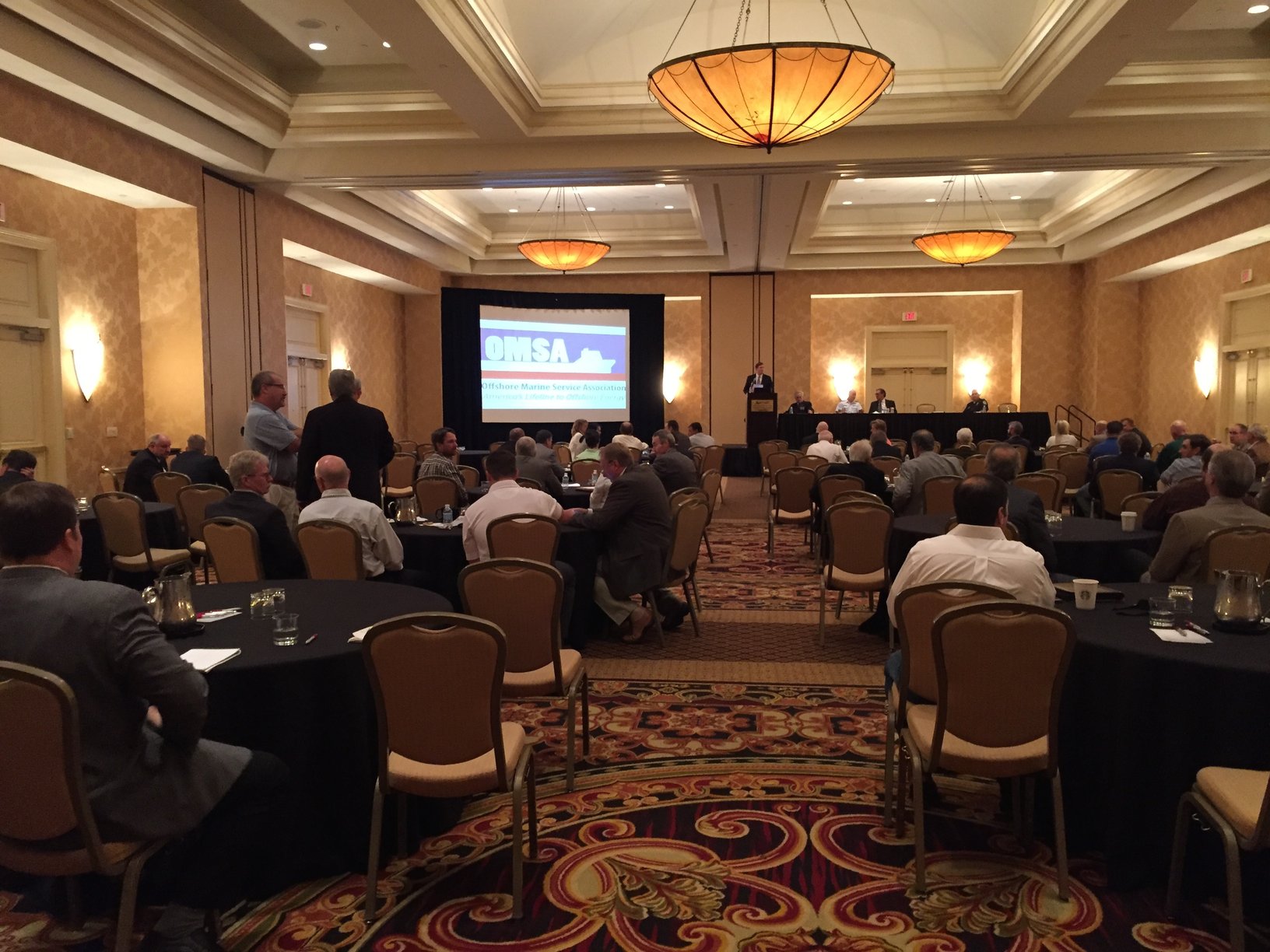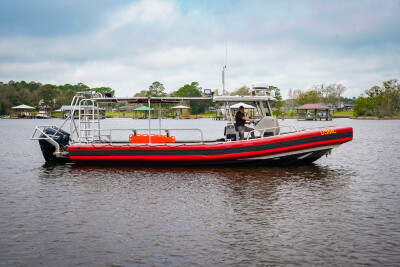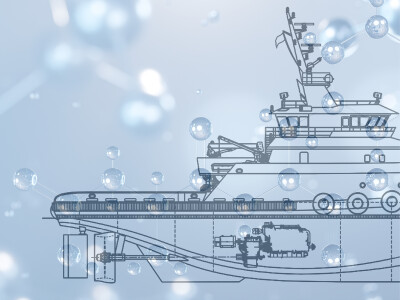Though it isn’t obvious to the general public, the offshore service vessel industry is very important to the U.S. economy.
“People don’t see the depth of industry that goes on in Port Fourchon. It’s an industry that’s invisible to the general public,” Rear Adm. David R. Callahan, commander, 8th District, U.S. Coast Guard, said during last week's meeting of the Offshore Marine Service Association (OMSA) in New Orleans. “Your industry is vital to our nation’s economy and security, especially as we watch the U.S. pivot into more energy independence.”
Callahan said the Coast Guard and OMSA members must continue to strengthen their relationship — one that will grow in importance over the next few years. “When things turn around, and they will turn around, will [the Coast Guard] be ready to give you what you need to get you out there?” Callahan asked. “I view this as something I better be on top of and I will be."
Callahan may get his chance to prove it sooner than later. Last week, OPEC (Organization of Petroleum Exporting Countries) announced that it would cut production for the first time in eight years, starting in November. “More vessel traffic is coming,” he said.
With that additional traffic, the need for safe operations in the Gulf of Mexico will be at the forefront as far as the Coast Guard is concerned. “Safety Management Systems maintain a culture of safety, a culture of compliance. It is actively developed and maintained.”
Companies need to make sure all their safety measures are in place. “You don’t want to be in a reaction environment when it comes to safety,” Callahan said.
More boats in the water mean more foreign-flagged vessels, some of which may be in violation of the Jones Act. Callahan said he plans to make sure violators are identified. “We are looking at foreign operators in the Gulf to keep a level playing field,” he said.





